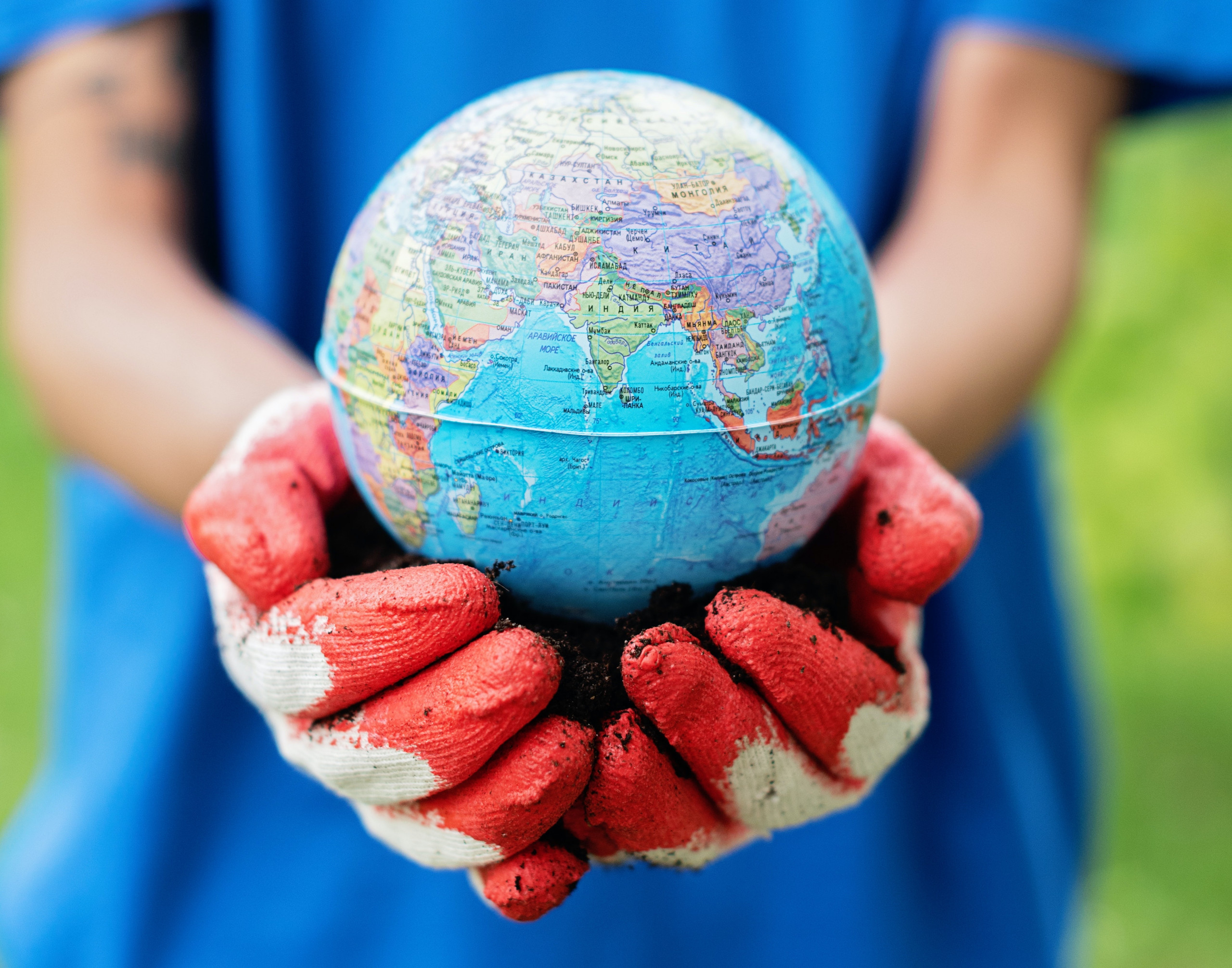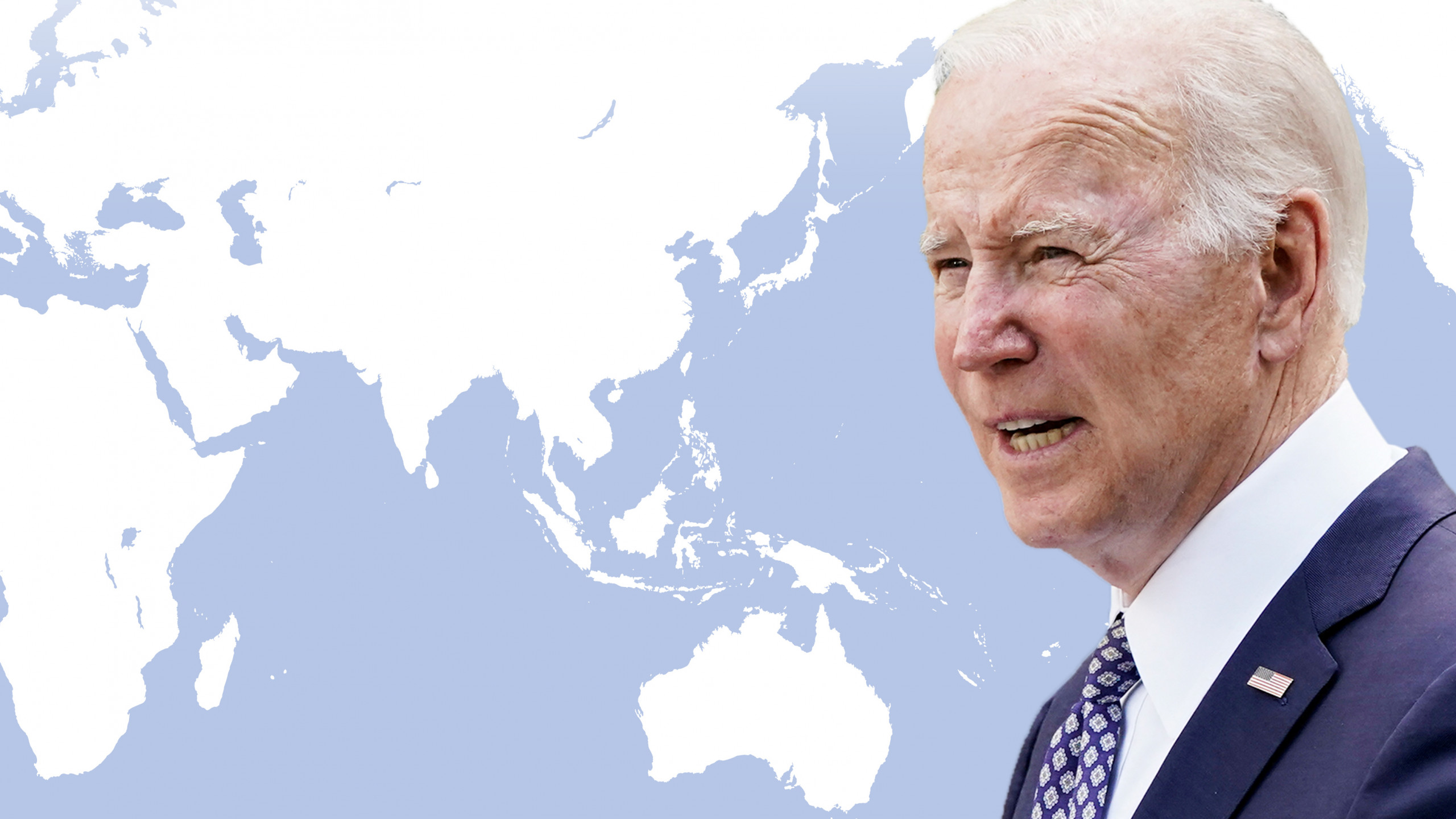Youth activism in Southeast Asia is an opportunity for fighting climate change.
Greta Thunberg's environmental concerns fuel youth movements in Southeast Asia. In this region, the threat of climate change is particularly alarming, especially for countries such as Indonesia, Vietnam, Thailand and the Philippines. This is the reason why, as the inauguration of the Glasgow international climate negotiations approaches, vanguards of young activists have organized to lobby national governments to do more for the environment, to reduce greenhouse gas emissions, and to address the social implications that the environmental crisis entails.
Hopes of a sustainable future are in the hands of new generations and in the case of climate action, it is not just empty rhetoric. "Sustainable development is a development that satisfies the needs of the present", reads the UN report "“Our Common Future”" (1987), a milestone in international cooperation on the subject, "without compromising the ability of future generations to meet their own needs". This principle is called “inter-generational equity” and consists of collective responsibility towards the planet and those who will inhabit it.
Information and sensibilization movements on the issue proliferated within the ASEAN area. In the Philippines, 23-year-old Mitzi Jonelle Tan co-founded Youth Advocates for Climate Action, a Filipino version of Fridays For Future inaugurated by Greta Thunberg, together with some peers. In the weeks leading up to the UN Climate Change Conference (COP26) meeting to be held in Glasgow, activist and activist groups such as Tan and her collective took part in numerous awareness-raising meetings, strikes, and protests to demand real change. In particular, young people in the Philippines are well aware that theirs is among the countries most exposed to the environmental and social consequences of the climate emergency. Tan said the global North owes less rich countries a concrete commitment to climate cooperation since they "caused the climate crisis". Therefore, it is appropriate to demand an ever greater commitment on the part of these governments, to have the certainty of “being able to adapt, to face losses and damages and to switch to renewable energies'', she concluded.
The spirit of Fridays For Future is also spreading in Vietnam. One of the first climate strikes, held in September 2019, was initiated by Huyen Phan. Once back from her studies abroad, this young student felt she had to do something for her city, Ho Chi Minh, one of the places most exposed to the risks associated with rising sea levels, as well as one of the cities with the worst air quality in Vietnam. “I was very surprised that people around me didn't care at all about climate change or air pollution,” said Huyen, “when I heard about the global climate strike, I tried to find an event in Ho Chi Minh City but I failed, so I decided to create one myself. Hong Hoang, coordinator of an association that promotes the energy revolution by raising awareness in local communities from below, said he was very proud of the event. “This time the strike was not organized by any climate NGO, but by concerned individuals”, he said,“ this is the popular power that is essential to pressure world leaders to take things more seriously ”.
The great determination of young environmentalists should not come as a surprise: for new generations, climate change is an existential threat. This is why the label of "young activist", used by people or institutions of power, is not much appreciated. The effect is to diminish in a paternalistic sense the concrete commitment that these youth movements are claiming before the world leaders. Experts suggest that this expedient risks continuing to exclude young people from decision-making processes, which instead express a disruptive force precisely because "they are future-oriented, community-oriented and willing to think beyond the status quo". What new generations of activists in Southeast Asia are claiming is that national governments and international institutions go beyond the paradigms of exploitation of natural resources, and figure out alternative ways of development. The action of youth activism has so far shown that it can be widespread and radical, precisely the kind of change required by exceptional circumstances such as the current climate emergency.






